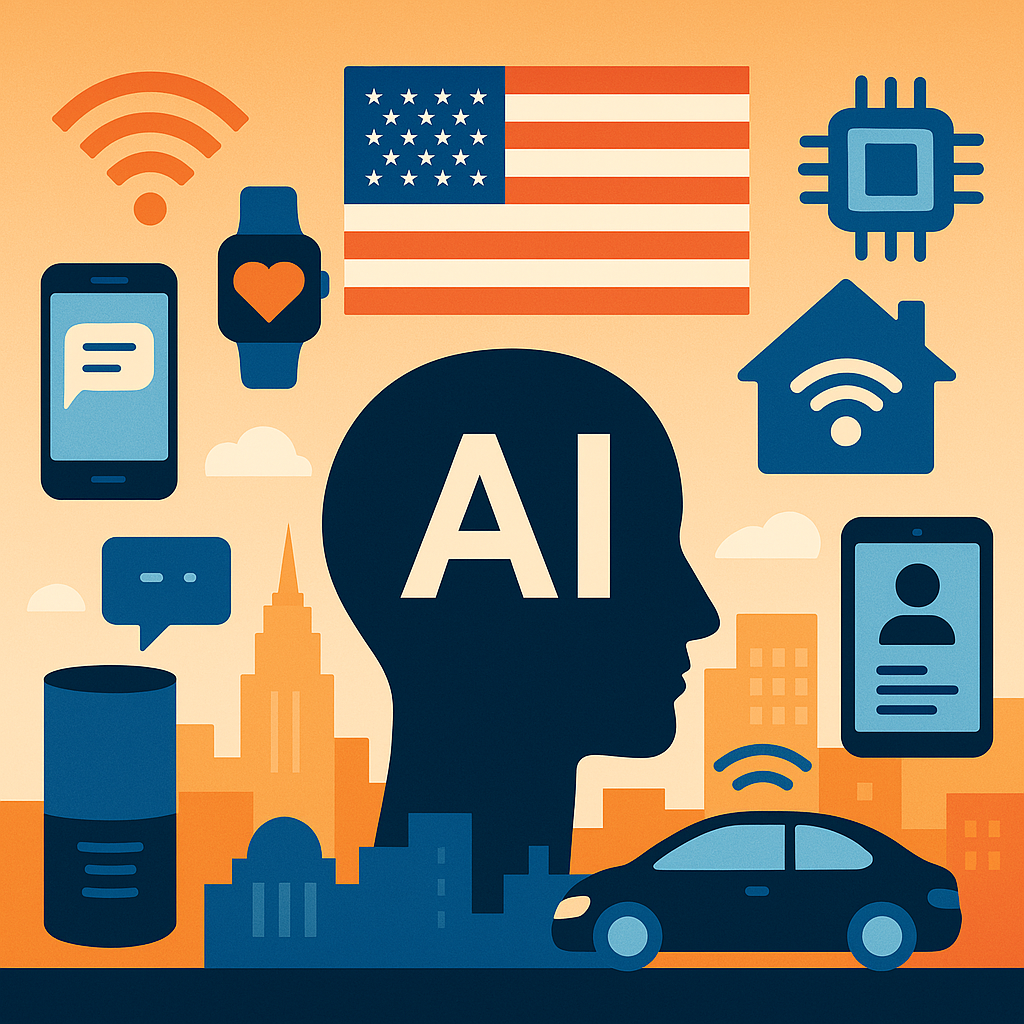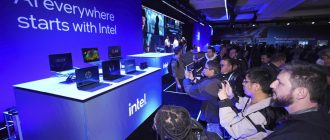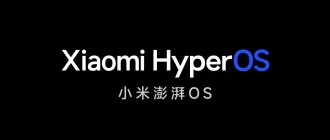In the United States, technology is evolving fast — and not just in Silicon Valley. From smart cities to remote healthcare, artificial intelligence and automation are becoming deeply integrated into how Americans live, work, and solve problems. Here’s a breakdown of the most important shifts happening in 2025.
1. AI Integration in Everyday Life
Artificial intelligence is no longer confined to labs and research centers. In 2025, it’s being used to power customer support, enhance public services, and even write articles and scripts. Many U.S. households now use AI assistants like Alexa or ChatGPT-enabled devices for managing schedules, sending reminders, or helping with homework.
Local governments in cities like Austin, Dallas, and Portland are also implementing AI-driven systems to monitor traffic, reduce crime through predictive analysis, and provide real-time data to emergency responders.
2. Smart Healthcare Across the States
Technology is rapidly transforming American healthcare. From wearable devices tracking vital signs 24/7 to AI-assisted diagnostics that outperform human radiologists in spotting early cancer signs — medical tech is at the forefront.
Rural clinics now use telehealth platforms to connect patients with specialists hundreds of miles away, while AI triage bots help prioritize cases based on symptoms entered by users in real-time.
3. Automation in the Modern Workplace
With the rise of remote and hybrid work models, companies across the U.S. have embraced task automation. AI tools handle emails, meetings, and even generate performance reviews. For startups and enterprises alike, this shift reduces costs and boosts productivity.
Apps like Notion AI and Microsoft Copilot are now standard tools in offices, and robotic process automation (RPA) is being deployed in industries from finance to manufacturing.
4. Ethical Concerns and Data Privacy
With great power comes great scrutiny. As more data is collected and analyzed, Americans are becoming increasingly vocal about how that data is used. There are growing concerns over surveillance, consent, and AI decision-making transparency.
In 2025, lawmakers are proposing federal regulations to control biometric data usage, while tech firms are being pushed to offer more user control over privacy settings and algorithmic content feeds.
5. The Next Wave: Voice, VR, and Smart Homes
The future is voice-first. Voice search has become a dominant trend, with Americans using natural language to search for everything from dinner recipes to doctor appointments. Websites optimized for voice queries now rank higher on Bing and other search engines.
Meanwhile, smart home devices are becoming more autonomous. Fridges order groceries before you run out. Thermostats adjust automatically based on your mood. Even mirrors can now give skincare advice based on your reflection.
6. Tech Startups and Investments Surge
Investment in U.S. tech startups continues to grow, especially in sectors like green energy, quantum computing, and robotics. Cities like Miami and Denver are rising as new tech hubs, attracting talent and venture capital with tax incentives and a better quality of life.
AI-focused companies are seeing record funding rounds, with government grants supporting innovation in defense, logistics, and climate tech.
7. The Human Side of Innovation
Beyond the code and machines, there’s a growing movement focused on making technology more empathetic and accessible. Designers and engineers are now collaborating with psychologists, educators, and artists to ensure that tech truly serves human needs.
From inclusive design principles to AI that adapts to users with disabilities, the U.S. tech ecosystem is slowly embracing a more holistic vision of progress.
Final Thoughts
America’s relationship with technology is changing — fast. What was once considered futuristic is now part of the everyday routine. As AI, automation, and smart tools become the norm, the challenge will be balancing innovation with ethics, convenience with control.
Whether it’s your morning routine, medical appointment, or job workflow — in 2025, chances are, there’s an AI helping with that.






